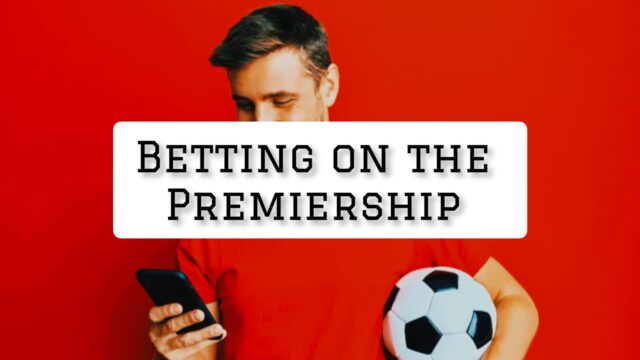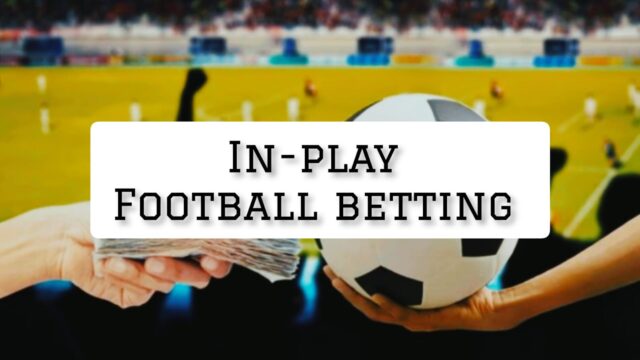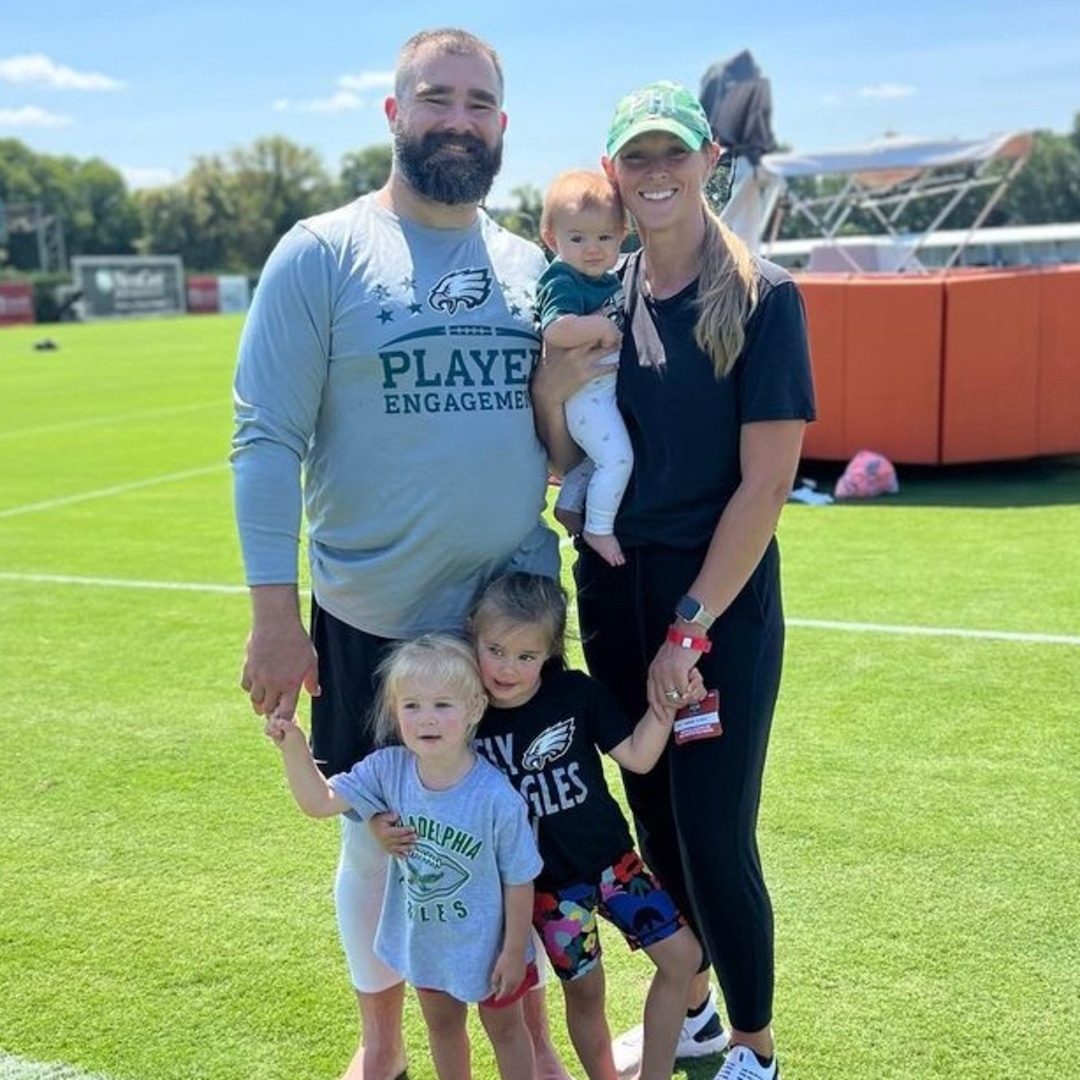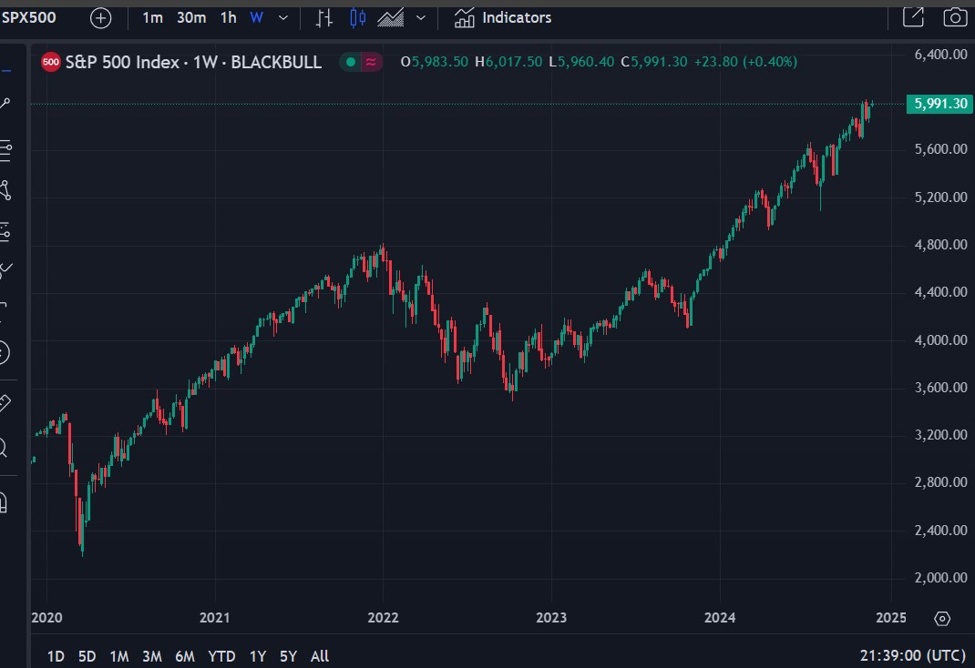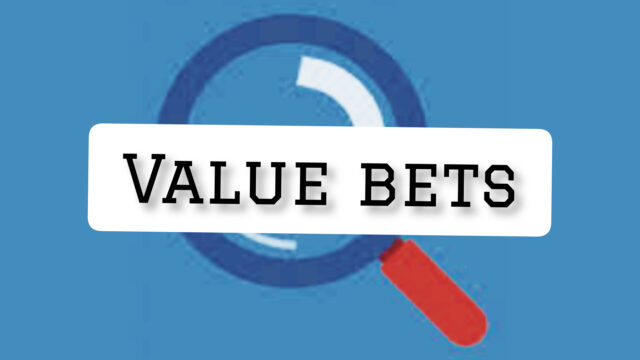
When it comes to football betting, there’s one golden rule: don’t chase wins, chase value. The difference between casual punters and those who consistently come out on top lies in their ability to spot value bets.
These aren’t just “good odds” or wagers that seem like sure things—they’re bets where the odds offered by the bookmaker are higher than the true probability of the outcome.
It’s not about gambling; it’s about finding an edge. So, how do you do it? Buckle up, because we’re about to dive into the nitty-gritty of value betting.
Let’s start with the basics. A value bet exists when the implied probability of the bookmaker’s odds is lower than your estimated probability for an event.
Say you’re betting on a match between Manchester City and West Ham. The bookie might offer 2.00 (evens) for a City win, implying a 50% probability.
But you’ve done your homework, analyzed form, injuries, and head-to-head stats, and believe City’s actual chances of winning are closer to 65%. That’s a value bet staring you in the face, and it’s time to pounce.
Homework is everything. Forget betting with your heart—this is science. Analyze recent performances, and don’t just focus on flashy scorelines.
A team may have won their last three games, but if they’ve scraped through with late goals or were dominated in possession, the stats may paint a very different picture.
Injuries, suspensions, and even travel schedules can tilt the scales dramatically, too. Football betting isn’t about hunches; it’s about data.
Odds comparison tools are your new best friend. Bookmakers aren’t charitable organizations—they set odds to turn a profit.
But not every bookmaker sees the game the same way. A bet that’s undervalued on one site might be a steal on another. By comparing odds across platforms, you can spot discrepancies that translate into value.
It takes a bit of legwork, but when you see that one oddsmaker is offering 3.50 while the rest are at 3.20, you know where your money should go.
Now, let’s talk implied probability. To calculate it, divide 1 by the decimal odds and multiply by 100. For example, odds of 2.50 imply a 40% chance of that event happening (1 ÷ 2.50 × 100 = 40).
Once you’ve worked out the bookmaker’s implied probability, compare it to your assessment of the event. If your probability is higher, you’ve found value. If it’s lower, move on.
This step separates pros from amateurs—it’s not glamorous, but it’s the cornerstone of consistent wins.
Live betting is another playground for value hunters. Watching a match unfold gives you insights that static stats can’t. Maybe the favorite looks shaky under pressure, or an underdog is dominating the midfield.
Bookmakers adjust live odds quickly, but not always accurately. If you’ve got a sharp eye and a quick trigger finger, you can exploit these moments for significant gains.
Avoid the “trap” bets that bookies lay out like candy. Over hyped teams and popular bets often come with inflated odds because bookmakers know the masses will back them anyway.
You’re not here to bet on the popular pick—you’re here to bet smart.
If a line feels too good to be true, dig deeper. It might be a sign that the value lies elsewhere, like an underdog team quietly outperforming expectations.
One thing that separates the serious bettor from the dreamer is discipline. Not every match has value, and that’s okay. Some weeks, you’ll scan the fixture list and find nothing worth your money. That’s the game.
The key is to stick to your strategy, even if it means sitting on the sidelines while everyone else chases flashy accumulators and “guaranteed” wins.
Value betting isn’t a sprint—it’s a marathon. You’re not here for quick hits; you’re here to build long-term success. Some bets will lose even when you’ve done everything right, but over time, the math works in your favor.
It’s like fishing: you might not catch anything every time, but if you’ve got the best bait in the right spot, the big one will eventually bite.
If there’s one takeaway here, it’s this: football betting isn’t about who wins or loses. It’s about identifying opportunities where the odds are in your favor and capitalizing on them.
Anyone can place a bet, but spotting value? That’s the art and science that turns betting from a gamble into a strategy.
So the next time you’re browsing odds for the weekend’s matches, don’t ask yourself, “Who’s going to win?” Instead, ask, “Where’s the value?



